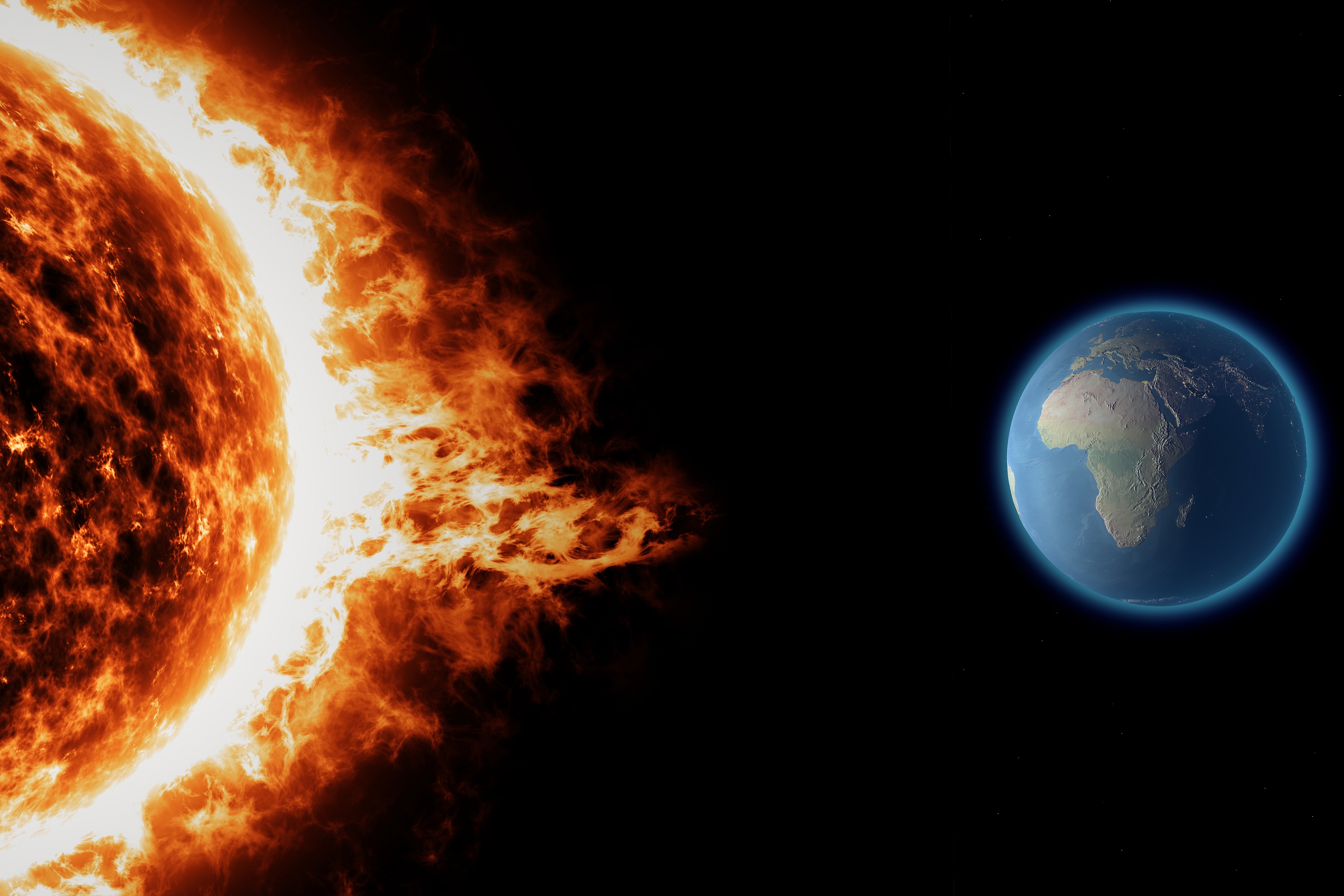Researcher predicts major solar storm could lead to 'internet apocalypse'
It also means no more social media, which isn't so bad

The May 1921 geomagnetic storm was the last major solar event, seriously damaging telegraph systems during the mid-20th century. Well, that was before World War II, and since then a lot more technology connects us now than during the days of The Charleston. And if a similar event were to occur, it could lead to mass outages, potentially lasting anywhere from a few weeks to several months, cutting off the internet and other communications for billions.
Sangeetha Abdu Jyothi, an assistant professor at the University of California, Irvine, presented research at the SIGCOMM 2021 data communication conference suggesting that a powerful solar storm could lead to an “Internet Apocalypse.” Her paper, called “Solar Superstorms: Planning for an Internet Apocalypse,” explains how these storms could produce clouds of magnetized solar particles that could wreak havoc on electrical grids and the undersea cables connecting much of the world’s internet.
As reported by LiveScience, entire countries would be without power for weeks or months at time. Worst still, even when the power comes back the internet may still be down.
- Starlink review: Satellite internet from Elon Musk
- Apple Event September 14: Everything you need to know
- Plus: Intel’s first Alchemist graphics card could battle Nvidia GeForce RTX 3070
An event like this would be incredibly bleak. It doesn’t take much to imagine how damaging it would be for a country to lose power, let alone access to the internet for weeks at a time. What’s even scarier is the likelihood of this happening sooner than later. Jyothi’s research explains how trying to predict when we’ll see another major solar storm is extremely difficult.
That said, thanks to information gathered from weaker solar activity and an understanding of how it “waxes and wanes” in cycles, she expects the sun to become more active in the near future. If that wasn’t bad enough, her paper also states that this coming cycle “has the potential to be one of the strongest on record.”
The worst part about all of this is how unprepared we are. Thanks to the rarity of these events, there hasn’t been a ton of effort placed on preventing a global internet blackout. And while we’ve improved the technology used for our electric grids since the last major storm from 1921, we’d still have a hard time dealing with this problem. Jyothi states in her paper that the Internet, as it stands today, has yet to be “stress-tested by strong solar events” and that we need to prepare for what’s to come before it’s too late.
Thankfully, Jyothi’s report wasn’t all doom and gloom. She mentioned that local and regional internet connections aren’t likely to be damaged due to the resiliency of fiber-optic cables against geomagnetically induced currents. We’d still have to contend with a global power outage of course. But at the very least, the local and regional internet infrastructure should be intact and ready for use once the lights come back on.
Get instant access to breaking news, the hottest reviews, great deals and helpful tips.
Jyothi also explained how she and other prominent figures in her field are still researching solar storms. Ideally, the goal is to try and safely model a major event in the hopes of finding ways to protect ourselves.

Kenneth Seward Jr. is a freelance writer, editor and illustrator who covers games, movies and more. Follow him @kennyufg and on Twitch.
